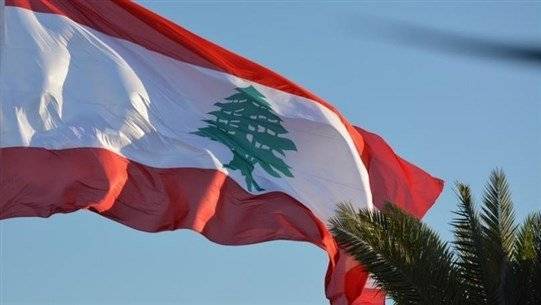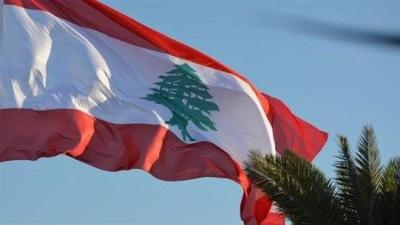Deputies, both in blocs and as individuals, emerged from the elections, all prisoners. Prisoners of their positions and of each other. And prisoners of their contradictions, calculations, ambitions, and slogans. All the elevated ceilings indicate that agreeing on common denominators to facilitate the completion of entitlements will not be easy. With the election of Nabih Berri, Hezbollah and the Amal Movement insist on electing Berri as Speaker of the Parliament and forming a national unity government while postponing the presidential entitlements until their due date. Meanwhile, the Free Patriotic Movement led by Gebran Bassil raises the stakes with its demands, stating: "Those who think they can negotiate with us for bargaining or trading between the speakership and vice speakership are undervaluing us." This position from Bassil clearly indicates that he seeks to negotiate the government formation, including appointments and the dismissal of the Governor of the Central Bank. His stance also aims to open negotiations regarding the fate of the presidential elections.
The Lebanese Forces have explicitly declared their rejection of Berri’s election and insist on conditions for a majority government in collaboration with independents and revolutionary forces, refusing the principle of a national unity government. The independents and the revolutionary and change deputies all unite in rejecting Berri's election and have their conditions for approaching the government formation process. This specter of total disruption requires a type of compromise and a pragmatic approach to the entitlements that, so far, shows no signs of emerging. Thus, it appears that the continued imprisonment of parliamentary blocs by these positions prolongs the deadlock in electing the Parliament Bureau, forming the government, and reaching the presidential entitlement.
If the situation continues on this path, Lebanon faces rampant political, economic, and social chaos, especially as Hezbollah will not be convinced by either a government of specialists or independents, nor by not participating in a government formed by a majority allied against it. The optimal solution for them may be to form a government that includes all parliamentary blocs. This means a return to the previous rules established by their alliance with the Free Patriotic Movement: every bloc containing four deputies is represented by a minister. Thus, everyone is represented, including opposition forces, revolutionary forces, change advocates, and independents. However, many of these reject participating in a single government with Hezbollah.
**Bazzi the Second Diab?**
Assuming that the change deputies politically and temporarily come together on a vision with the independents, the Lebanese Forces, and the Progressive Socialist Party, they could become a majority. Here, they would face the challenge of forming a majority government without Hezbollah, Amal Movement, or the Free Patriotic Movement. Therefore, it is essential to monitor how Hezbollah obstructs this majority.
If that happens, the ball would be in the court of the President of the Republic, who might resort to not signing the decrees of that government formation, based on the premise that he is a partner in its formation and orchestrating its rhythm. Conversely, if these forces—change deputies, independents, the Lebanese Forces, and the Socialist Party—become fragmented, Hezbollah could nominate a candidate who might entice some change forces or their factions to vote for them, such as Abdel Rahman Bazzi, for example. Previously, it was said that the party had negotiated with him to ally with the Free Patriotic Movement in the elections, as occurred in 2018. However, Bazzi rejected this due to the inability to bear its repercussions politically in Sidon. Some claim that Bazzi aspired to assume the premiership and had previously negotiated with Bassil and Hezbollah on the matter.
This option may allow Hezbollah to appease some Sunni deputies and some change and independent deputies. In this case, a government would form and be passed similarly to Hassan Diab's government, purportedly representing the revolution and change, thus compromising the original scenarios.
- Munir Al-Rabi - Al-Mudun




